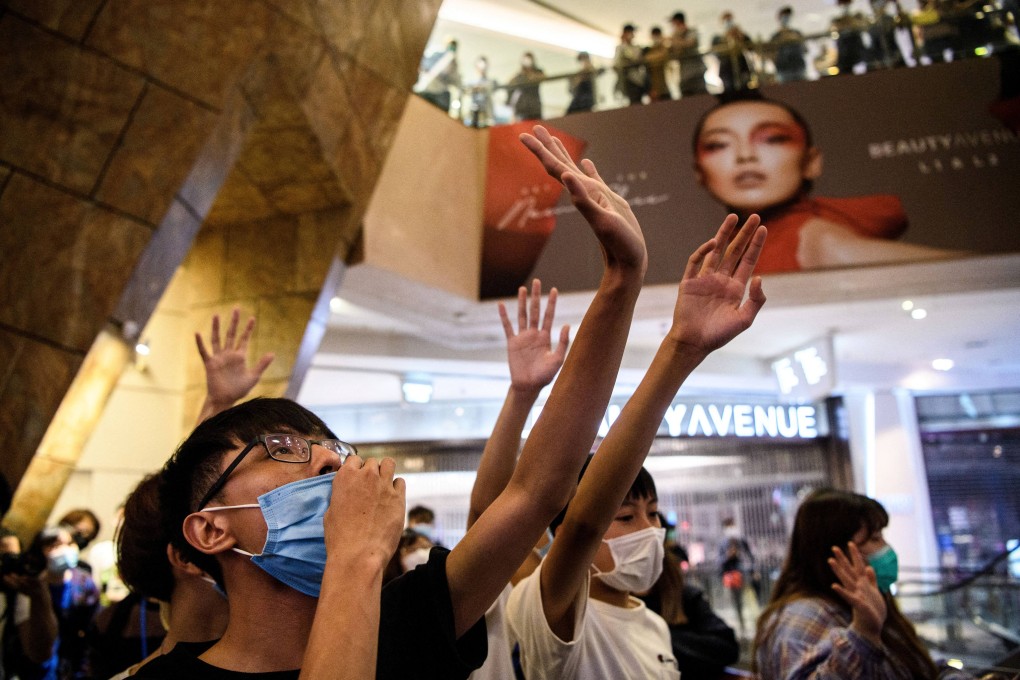Advertisement
Google should say whether it will enforce ban on ‘Glory to Hong Kong’ protest song and ‘keep its word’: justice minister Paul Lam
- Justice minister Paul Lam calls on tech giant to say whether it will remove links to ‘Glory to Hong Kong’ after court ruled to ban its distribution
- Authorities last year said Google had declined to take down links unless it saw a court order that deemed the song’s distribution breached city’s laws
Reading Time:3 minutes
Why you can trust SCMP
69

Hong Kong’s justice minister has urged tech giant Google to say whether it will remove a controversial protest song from search results after a court overturned an earlier ruling and banned its distribution.
Secretary for Justice Paul Lam Ting-kwok on Sunday called on Google to “keep its word” from past discussions with authorities and remove the links to “Glory to Hong Kong” – considered the unofficial anthem of the 2019 anti-government protests.
Authorities last year said Google had declined to take down the links unless it saw a court order that deemed the song’s distribution breached Hong Kong law.
“All business corporations have to walk the talk. We are eagerly expecting their response,” Lam said on a radio show.
“I believe all of us are quite impatient and hope to see it take action as quickly as possible.”
He added the company was required to ensure content on its platform aligned with the city’s laws.
Advertisement